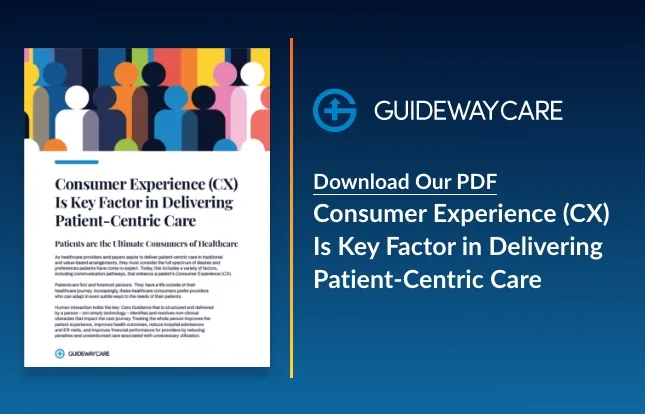Delayed Cancer Screenings Lead to Dramatic Decrease in Newly Diagnosed Patients

LexisNexis Highlights How Stay at Home Orders Have Impacted Preventive Screenings, Diagnoses
Information and analytics provider LexisNexis recently reported that stay-at-home orders have led to alarming trends in preventive screenings for cancer, with reductions of up to 91% in April and May 2020, when compared to the same time period in 2019. The decrease in screenings produced double-digit reductions in new diagnoses of cancer patients from April-July when compared to the previous year, including:
- Brain: -21.7%
- Breast: -38.7%
- Colorectal: -33.5%
- Gynecologic: -30.7%
- Genitourinary: -37.2%
- Hematology: -37.8%
- Lung and Breast: -29.2%
- Oral: -27.1%
It is vitally important that preventive screenings return to adequate levels in order to detect these cancers, but patients are still worried about coming in for services that were deemed “nonessential” in the early stages of the COVID-19 pandemic. Without early detection, cancers will be discovered at more advanced stages, with lower chances of successful treatment.
Guideway’s Care Guidance services provide patients with proactive support that bridges the gaps between clinical visits and gives them the support they need to confidently return for preventive care. Care Guidance helps providers:
- Educate patients about the importance of preventive screenings
- Empower patients with information about new office procedures and safety precautions
- Proactively identify and address barriers to care, reducing missed appointments
To learn more about how Guideway Care’s services can help oncology providers increase preventive screenings, contact us today.
Additional Resources:
- LexisNexis: COVID-19 Causes Patients to Postpone Cancer Screening
- Community Oncology Alliance: New Study Finds COVID-19 Substantially Reduced Cancer Screenings, Diagnosis, and Treatments in 2020
Contact Us Today To Learn How We Can Help
"*" indicates required fields




